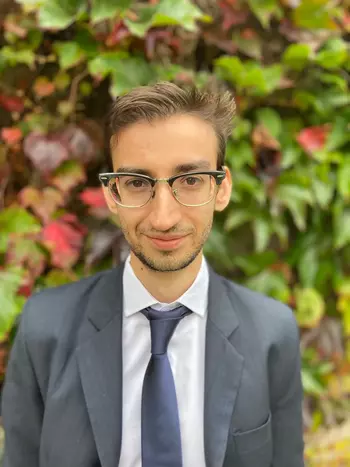Jack Binysh - Active solids
Active solids consume energy to allow for actuation and shape change not possible in equilibrium. In this talk, I will focus on the elasticity of systems as wide-ranging as far-from-equilibrium hydrogels, nanoparticles, and mechanical structures composed of active robotic components. First, I will introduce our recent work on hydrogel spheres being lowered onto a hot plate. As the bottom vaporises, the resulting flow couples tightly to elastic deformations within the sphere, giving either spontaneous bouncing or steady-state floating as manifestations of the so-called elastic Leidenfrost effect. I will present theory and simulations of the floating case, which demonstrate a remarkable phenomenon: the heavier the solid, the higher it floats. I will then discuss the general competition between active boundary stresses and an elastic bulk, giving rise to so-called active elastocapillarity. Finally, I will discuss our current work on using non-reciprocal interactions in active elastic media to program robust mechanical actuation and locomotion. In each case, our results provide theoretical underpinning for recent experimental advances, and point to the design of novel soft machines.
Jack Binyish (website) is a postodoctoral researcher at the University of Amsterdam. He obtained his PhD at the University of Warwick, and did a first postdoc at the University of Bath. Jack's interests are in theoretical soft matter physics, with a focus on elasticity, topological defects and minimal biophysics systems.
Published Sep. 18, 2023 12:15 PM
- Last modified Sep. 18, 2023 12:15 PM
